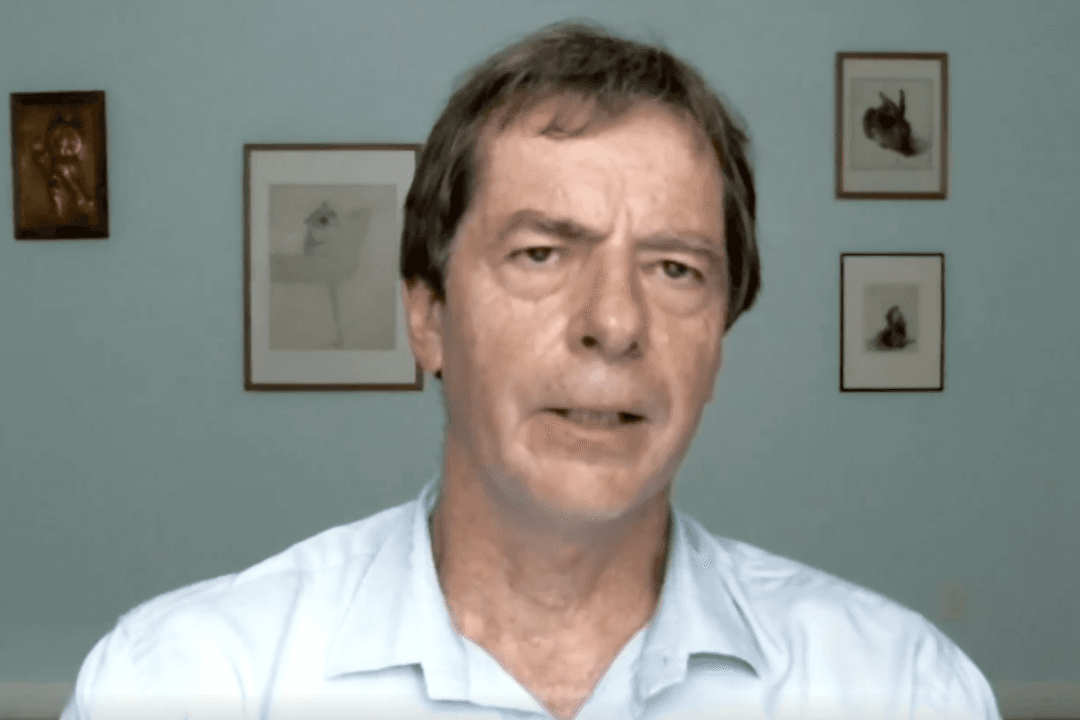A former World Health Organization (WHO) scientist, Dr. David Bell, said he is concerned about the proposed amendments to the U.N.’s 2005 International Health Regulations (IHR), also being called the pandemic treaty or pandemic accord. Bell said if ratified, the treaty would give power to a small group of WHO officials and effectively take away the sovereignty of countries around the globe.
“There are a lot of ways that even though it doesn’t directly change sovereignty, in effect it does, it takes away the ability of the people of that country to make their own decisions,” Bell said during an interview with EpochTV’s American Thought Leaders program.






